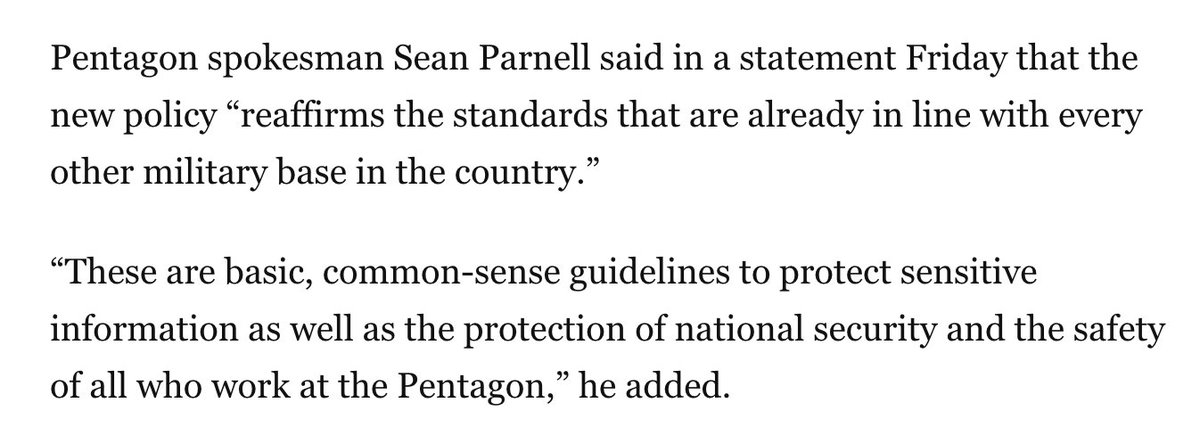Okay so I’m insufferable. Let’s take a look at this #SpotifyWrapped thing. 

This is going to go straight to @DKThomp’s head. 

This is radical transparency. Apologies only to Phoebe who fell off this list for the first time in a long time.
• • •
Missing some Tweet in this thread? You can try to
force a refresh













